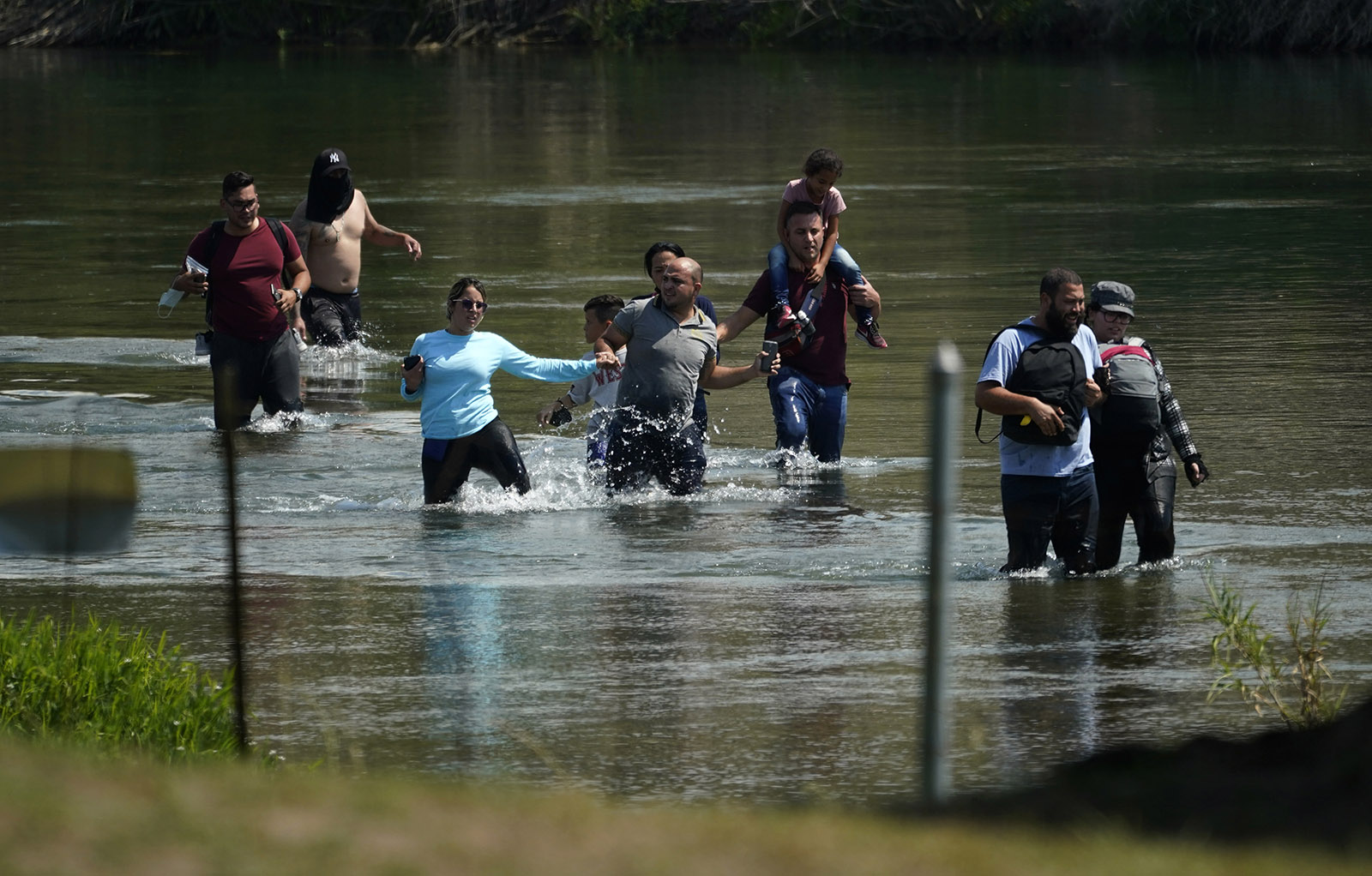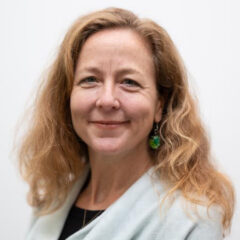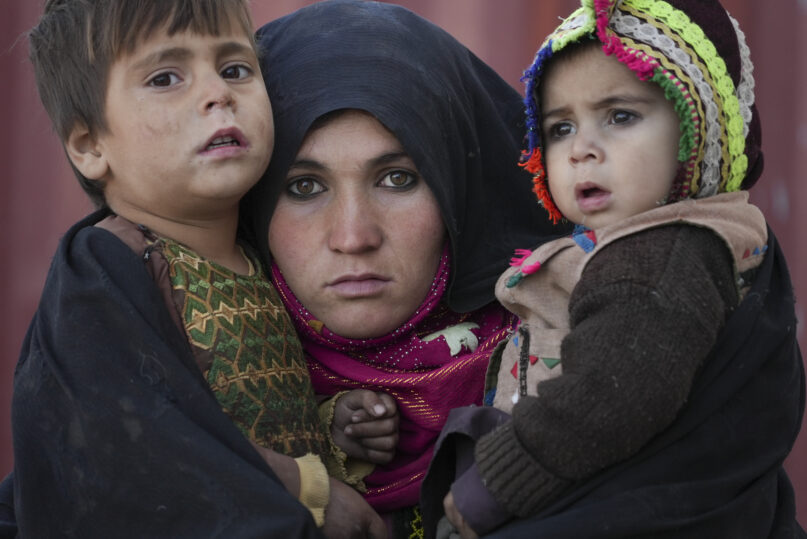(RNS) — Working in peace building for more than 25 years, I have become acutely aware of the connections between violent conflict and migration. I have witnessed the painful realities of forced displacement caused by atrocities, persecution and war in places like Sudan, Congo and the Middle East.
I have also seen the struggles of migrants seeking asylum at our border. I’m grateful to have welcomed, built friendships with and learned enormously from people who have had to flee their homes and seek refuge in my own community.
I was reminded of these experiences as we marked World Refugee Day Tuesday (June 20) and the prophetic calling, across all faith traditions, to ensure safety, freedom and human dignity for all.
The United Nations established World Refugee Day to honor the many contributions and enduring resilience of tens of millions of people who fled their countries in search of refuge in an unfamiliar land. It’s also a day to educate, organize and reinvigorate our commitments to protect the rights of displaced communities. It is a moral calling we cannot abandon.
RELATED: In NC, a church network turns unused church buildings into homes for refugees
As of last year, the U.N. Refugee Agency estimated there are 32.5 million refugees (slightly more than the population of Texas) around the world. A million-and-a-half of these people need resettlement, most likely in a country — not their own, nor the one they have fled to — where they will be welcomed. The reality is that fewer than 1% are ever likely to be resettled to a third country. We can enact meaningful change to right this injustice.
Since its formation, the U.S. has called itself a haven for people fleeing persecution. The Statue of Liberty, a symbol of freedom and welcome, declares: “Give me your tired, your poor, your huddled masses yearning to breathe free.”

A group of migrants mainly from Venezuela wades through the Rio Grande to cross the U.S.-Mexico border, June 16, 2021, in Del Rio, Texas. (AP Photo/Eric Gay)
Of course, freedom and dignity were always limited to certain groups. Our history of colonization, slavery and the continued inequality challenge what we want to believe about ourselves. But the vision of a country where everyone breathes free is what makes us who we are.
Members of my faith — the Religious Society of Friends — came to the U.S. in the 17th century from England to escape religious persecution. We continue to advocate for the rights of migrants, refugees and asylum-seekers as an expression of our belief in the divine dignity — or that of God — in every person. Society and government have a responsibility to not only welcome the stranger, but to ensure their rights are protected and the root causes of forced displacement are addressed.
Unfortunately, Congress and the current administration are not living up to our promise of a safe harbor. President Joe Biden has gone a long way to raise the annual cap for refugee admissions to 125,000 from the historic low of 15,000 under the Trump administration. However, this is still far below what is needed, and the U.S. is expected to resettle no more than 50,000 refugees this year.
The war in Ukraine has sparked the largest refugee movement since World War II, while other violent conflicts and climate change continue to displace millions more. American refugee assistance programs remain underfunded, creating more challenges for processing, resettling and providing comprehensive care for those who make it through the system. Equally concerning, some threaten to undermine asylum rights by proposing laws that violate our core values and basic human rights.
Racism also persists in our refugee and migration policy and practice. The government responded swiftly to address forced displacement due to the war in Ukraine, but not to Afghan arrivals or people escaping conflict in Haiti and Central America. Vulnerable communities from the Global South face bias and discrimination at our borders and in our asylum and immigration process.
To honor World Refugee Day, we must recommit to rebuilding and strengthening the systems through which we accept refugees. We need to pass a minimum refugee admission threshold of 125,000 annually, fully fund our migration and refugee assistance and international disaster assistance programs and cooperate with the rest of the world to address the challenges of climate change and violent conflict.
RELATED: Young Colombian activist brings light to the displaced communities

Bridget Moix. Photo courtesy of FCNL.org
Protecting and strengthening investments to create an effective, compassionate system of welcome and care for refugees will take time and resources. But it will not only help those in need. It will help us all become the country we yearn to be.
(Bridget Moix is general secretary of the Friends Committee on National Legislation and its associated Quaker hospitality center, Friends Place on Capitol Hill. The views expressed in this commentary do not necessarily reflect those of Religion News Service.)





